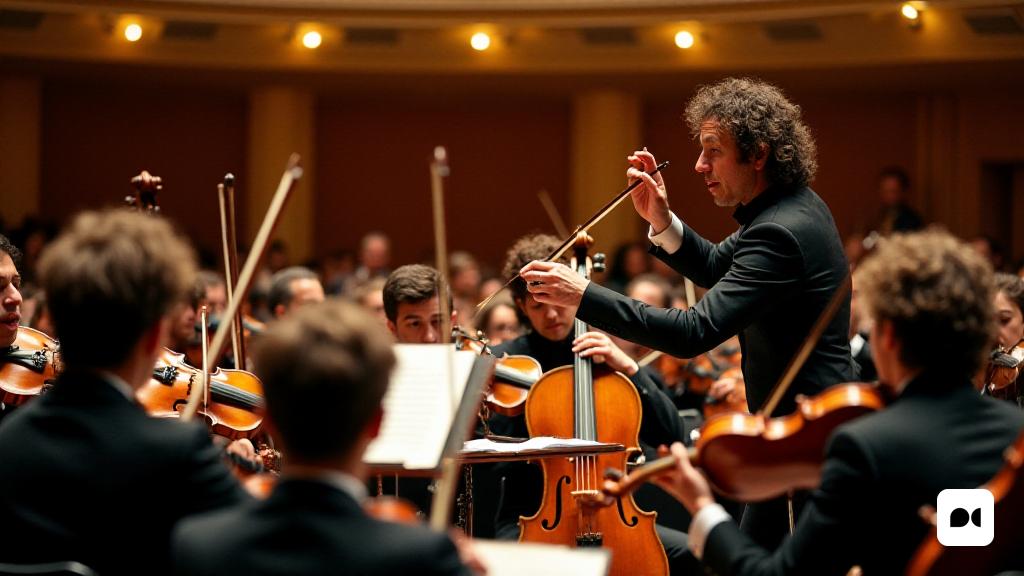A cycle of classical music that leaves imprint
The BCN Classics cycle has consolidated its reputation through its ability to bring together world -renowned artists, and the recent presentation of the London Symphony Orchestra under the direction of Gustavo Dudamel is a testimony to this trend. The figure of Venezuelan director not only attracts attention, but also causes authentic euphoria among classical music fans, with his performances that often become unforgettable events.
Dudamel: More than a director, a communicator
With two outstanding performances at the head of London Symphony, Dudamel has shown a musical maturity that goes beyond the simple direction. His ability to connect with musicians and transmit emotions through precise and memorized gestures has created a unique atmosphere, differentiating from other contemporary directors. His technique, which includes a clear pulsation and a dynamic gesture, allows a fluid musical dialogue between the orchestra members.
The importance of orchestral disposition
The configuration of the orchestra, with double bass in its usual position and the violins arranged in a way that facilitate the timmbric exchange, contributes to the harmony of global sound. The individualities of each instrument, such as oboe or flute, shone strongly, emphasizing the exceptional quality of the musicians who make up this prestigious orchestra.
An interpretation that conveys color and emotion
Dudamel emphasizes especially in his ability to bring to life the most lyrical sections of the works. The influence of his mentor, Claudio Abbado, is evident in his approach to music, with a rich and organic sound that captures the essence of the composers. However, in times of great intensity, their interpretation may lose some of the narrative force that the most dramatic passages require.
The challenge of musical epica
Although Dudamel shines in the most delicate sections, his reading of the most epic works, such as those of Mahler, may not reach the same level of impact. Its interpretation of Symphony no. 1, for example, was excellent, but the coda left a sense of lack of force that may have diminished the final effect.
Highlights and exciting moments
In the concert, the symphonic poem ‘Don Juan’ by Strauss was performed with a wealth of nuances, although he lacked a certain dramatic urgency. The suite of El Cavaller de la Rosa was an aesthetic experience, presenting a world of sensuality and beauty, but without falling into excess. Spanish rhapsody sounded with an impressionist air, while Shéhérazade’s songs, performed by the Soprano Marina Rebeka, excited their poetic delicacy.
Soprano Rebeka: a joia in l’amos
Rebeka contributed a round, rich in the nuances to the songs, although his interpretation walked through the line between uniformity and monotony. His performance was an example of beauty, although he may not be able to completely captivate the audience emotionally.
An unforgettable concert that marks a tendency
With a program covering various works and a considerable level of demand, this concert demonstrated the power of classical music to emotionally connect with the audience. The lack of a final bis was understandable, given the rigor of the program waiting for them the next day. The combination of talent, passion and a master direction made this performance a memory that will last in the memory of the attendees.
As classical music cycles continue to evolve, performances such as Dudamel and London Symphony Orchestra say that the exciting world of classical music will continue to captivate future generations.

